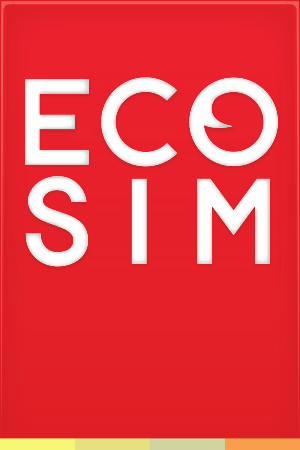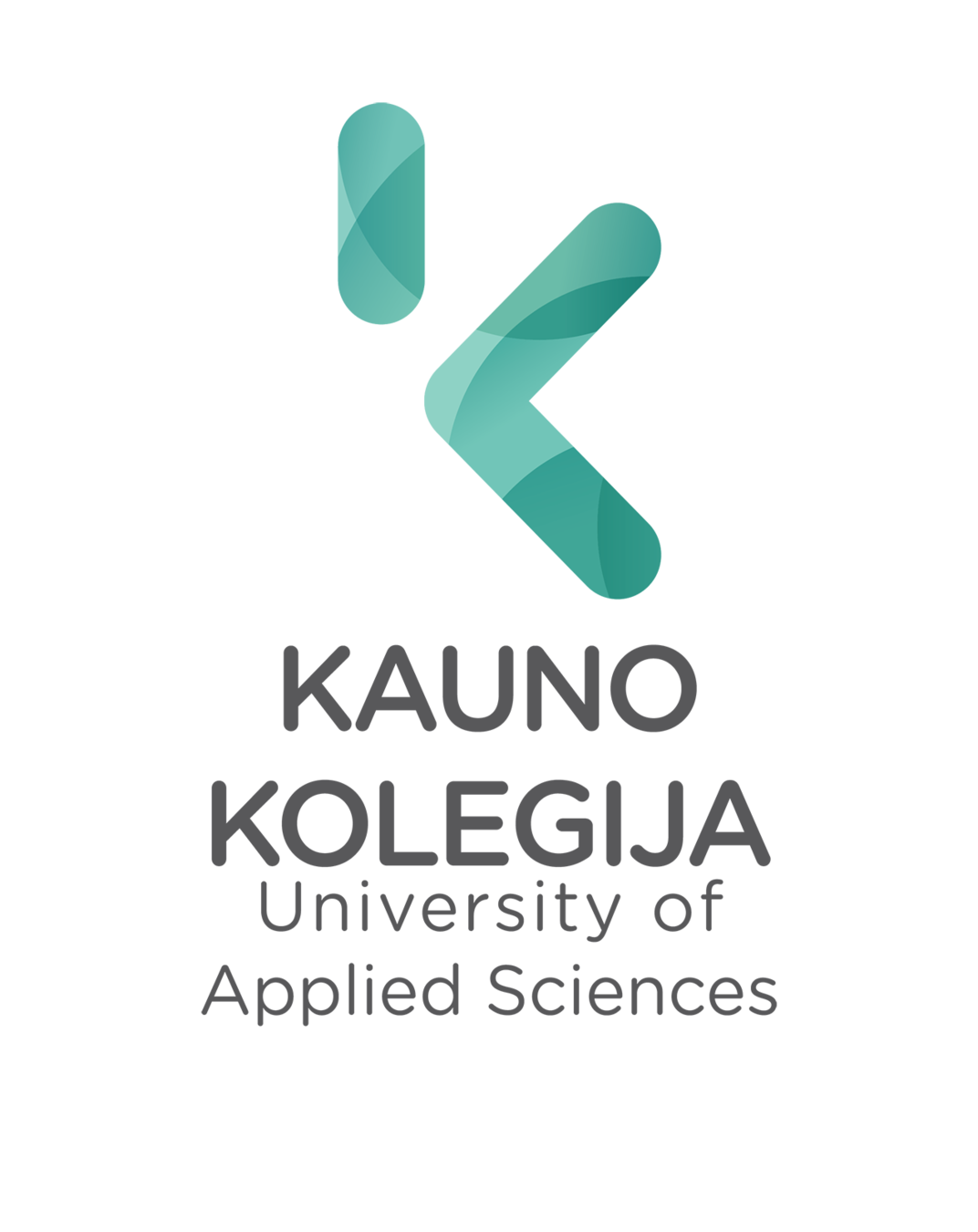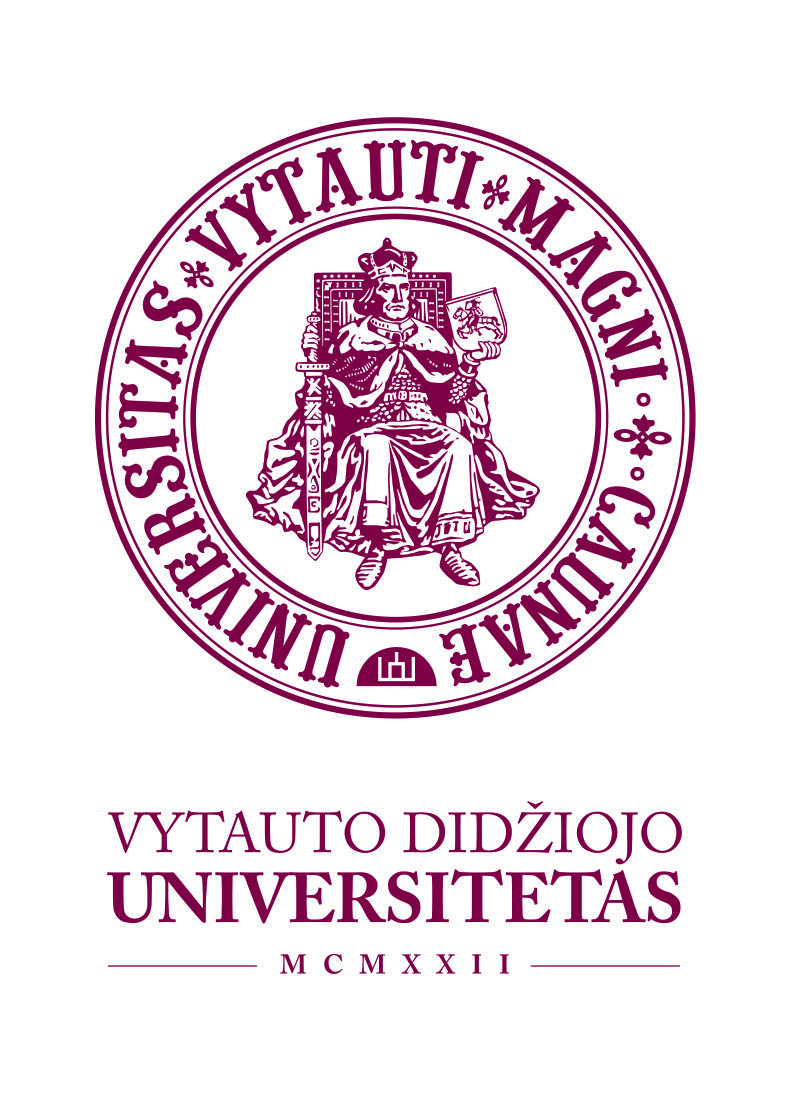Integration of EcoSim Adam Simulation Game into College Microeconomics Class to Increase Student Engagement

Arūnas Liuiza


Problem
Understanding of basic economic principles is increasingly important in modern labor market.
- More than 11% of all occupied people in Lithuania were self employed in 2016 [1].
It is difficult to motivate and engage college students in basic Microeconomics classes.
- Microeconomics courses are general, not specialization subject.
- Y Generation / Z generation students do not like to learn via traditional methods - lectures, research papers, etc [2].

Approach
- Simulation games have been successfully used to increase student engagement, both abroad and in Lithuania [3].
- It is an active, technology-based teaching method, that is attractive to Y Generation / Z Generation students. [4].
- It can be integrated into existing curriculum without major disruption.

EcoSim Adam
- An online, computer-based business simulation game, developed in Lithuania by a team lead by A. Liuiza.
- Specifically designed to have good balance of educational value and entertainment.
- Good fit to illustrate basic Microeconomics concepts [5].


Pilot Project
- Introducing EcoSim Adam into Business Economics subject of Multimedia Technology study program at Kaunas University of Applied Sciences.
- Survey of students' attitude towards the subject, simulation games and general understanding of microeconomics concepts.
- Interview with teacher of the subject.
- Survey of students of similar subject in another study program as a control.


Intended Results
- A methodology of integrating EcoSim Adam into introductory Economics courses.
- A better understanding if and how business simulation games can be used to increase student engagement.

References
1. Oficialiosios statistikos portalas. (n.d.). Retrieved November 14, 2017, from https://osp.stat.gov.lt/informaciniai-pranesimai?articleId=5101528
2. Hills, C. M., Levett-Jones, T., Lapkin, S., & Warren-Forward, H. (2017). Generation Y Health Professional Students’ Preferred Teaching and Learning Approaches: A Systematic Review. The Open Journal of Occupational Therapy, 5(1), 12.

References
3. Bagdonas, E., Patašienė, I., Patašius, M., & Skvernys, V. (2010). Use of simulation and gaming to enhance entrepreneurship. Elektronika ir Elektrotechnika, 102(6), 155-158.
4. Liuiza, A., & Ignatavičius, J. (2012). Application of Simulation Teaching Methods. EcoSim case. Innovations In Publishing, Printing And Multimedia Technologies,68-74.
5. EcoSim.lt. (n.d.). Retrieved November 14, 2017, from http://ecosim.lt
